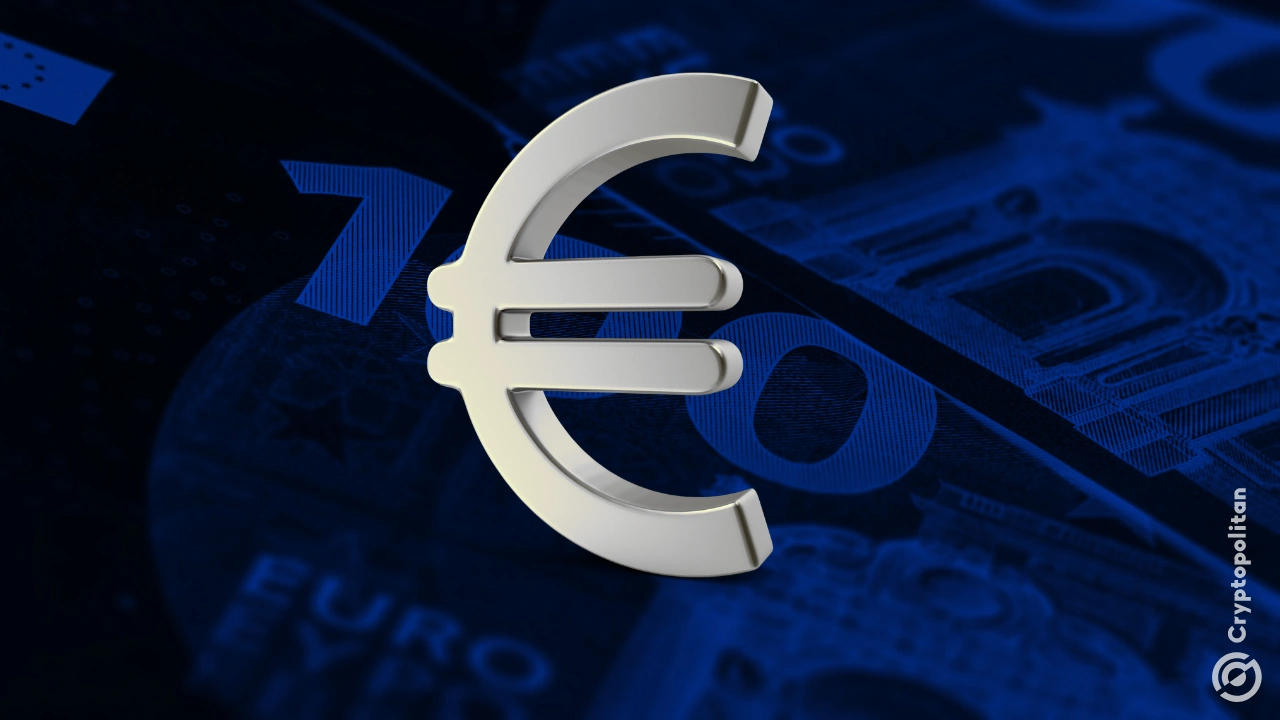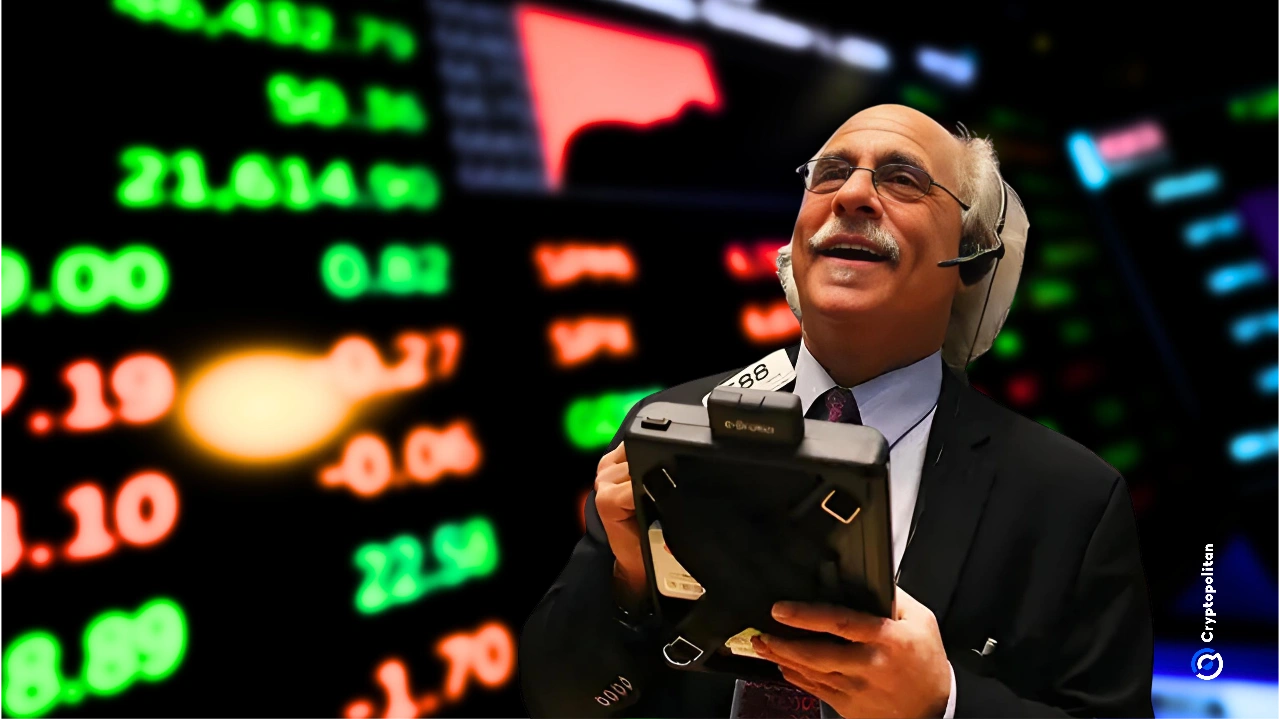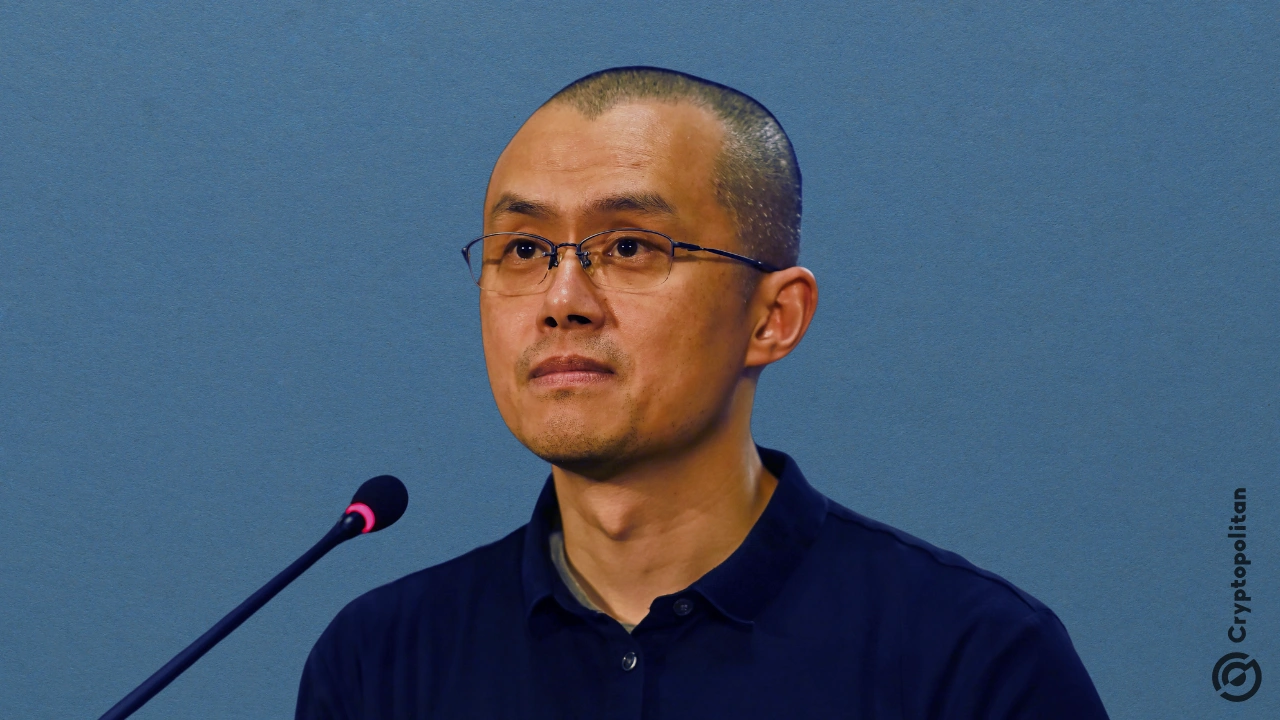The European Central Bank has held its key interest rates unchanged for the third consecutive time. The main refinancing rate has been held at 2.15%, the marginal lending facility at 2.4%, and the deposit facility at 2.0%.
Christine Lagarde, President of the ECB, said that the eurozone economy is in a good place, but they are navigating a period of uncertainty. She affirmed that the central bank will do whatever it takes to maintain a good position despite the ongoing global geopolitical tensions.
Lagarde warns of an uncertain outlook
The ECB’s October policy statement noted that inflation has stabilized around the medium-term target of 2% and is projected to remain unchanged in the near term. The policy report highlighted risks emanating from global trade disputes, geopolitical tensions, and a stronger euro, which the bank believes could weigh further on prices.
Inflation remains close to our 2% target and we will do what is needed to make sure that we stay in a good place, said President @Lagarde as the Governing Council decided to keep the three key interest rates unchanged.
Watch the press conference https://t.co/GaO1SUSKBo pic.twitter.com/F3rN35uzME
— European Central Bank (@ecb) October 30, 2025
Lagarde acknowledged that there is uneven underlying momentum behind the eurozone economy growth, including the divergence between domestic resilience and weak external demand. Tariffs and a sluggish global manufacturing industry have persisted throughout the year, leading to uneven momentum.
According to the ECB President, manufacturing has been held back by tariff tensions from the U.S., and the ECB expects consumption to continue driving the bloc’s moderate recovery. She noted that the labor market has begun to moderate, with positive wage indicators suggesting slower growth for 2025.
The ECB revealed that household savings remain unusually high, which prevents domestic spending. Largade highlighted that corporates are now moving towards AI investments, which suggests that technology-driven productivity gains may help offset lagging sectors in the medium term.
The euro dropped near 0.4% on the daily chart against the U.S. dollar following the announcement and was trading at around 1.1562 at the time of publication. The drop was attributed to a dovish interpretation of Lagarde’s remarks by traders.
The euro drops by 0.4% following a suspected dovish stance by traders
ING analysts, on the other hand, noted that the ECB’s stance reflects confidence that its rate-cutting cycle is over, based on composite PMI data rising to 52.2, representing the highest since May. The analyst revealed that these suggest the eurozone economy may be regaining some traction.
The ECB President cautioned that inflation remains vulnerable to shifts in the global economy, citing a volatile trade environment and the potential for a stronger euro to further suppress price pressures. She also mentioned the medium-term effects of rising defense spending, noting that it could add inflationary pressures later on.
According to Largarde, the outlook of inflation is more uncertain than usual, adding that the ECB will continue to make decisions meeting by meeting and based on incoming data.
The ECB reiterated that its Asset Purchase Programme (APP) and Pandemic Emergency Purchase Programme (PEPP) portfolios are declining at a measured and predictable pace as the Eurosystem stops reinvesting in maturing securities, marking a step towards balance sheet normalization.
The ECB’s rate announcement follows the U.S. Federal Reserve rate meeting held yesterday. Cryptopolitan noted that the Federal Reserve lowered its rate by 25 basis points to 3.75% from the previous 4%, marking a second consecutive rate cut in 2025.
According to the report, the FOMC noted that economic activity across the U.S. is growing at a moderate pace. It added that job gains have slowed down and unemployment has ticked up despite being relatively low at the moment.
If you’re reading this, you’re already ahead. Stay there with our newsletter.











